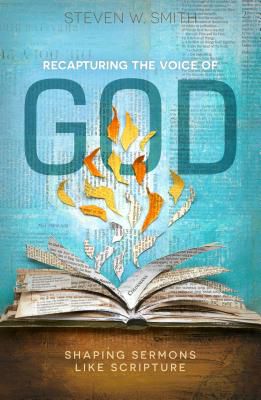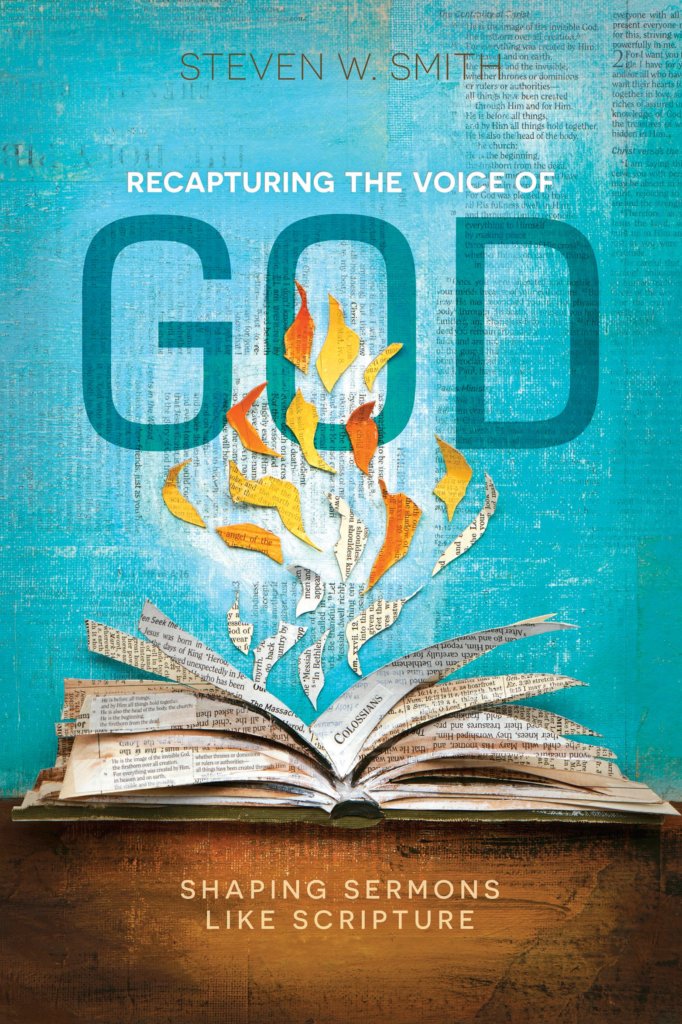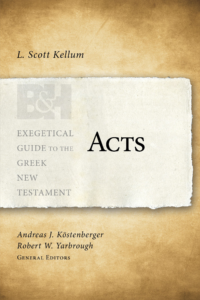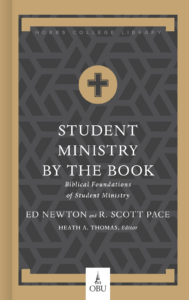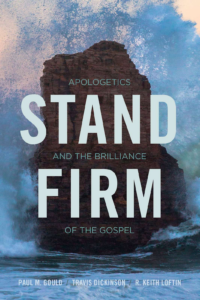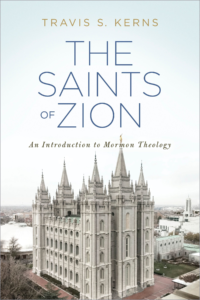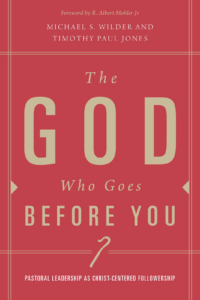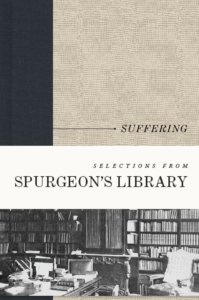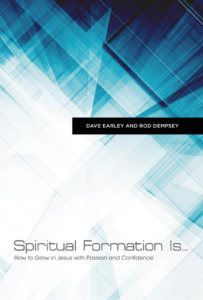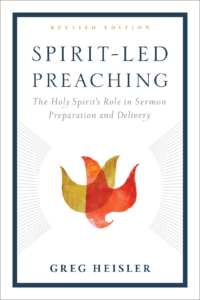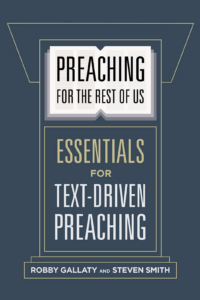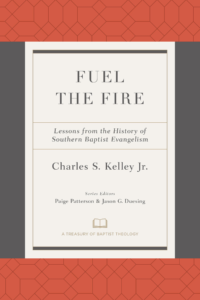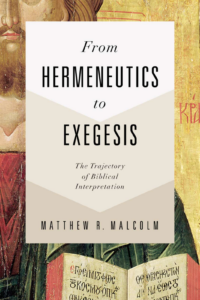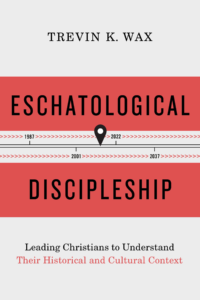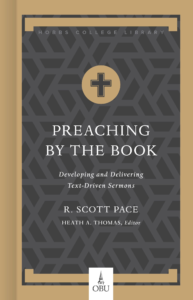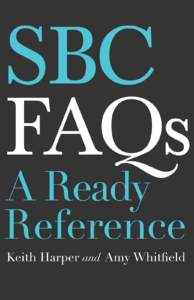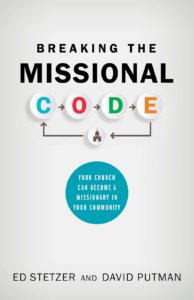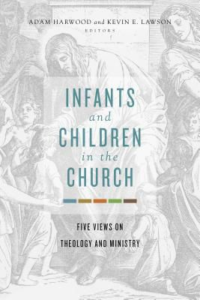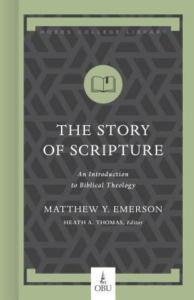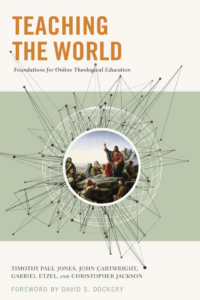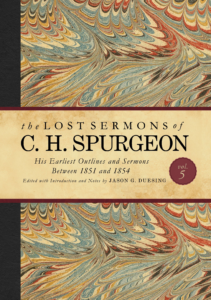
Recapturing the Voice of God
Overview
There is a difference between preaching from the Bible and preaching that allows the Bible to drive the substance, structure, and spirit of the sermon. A text-driven sermon allows the structure of the text to become buoyant, to come to the surface so that the sermon can be built around that structure. In this way the word of God (the meaning of the text) is presented in a way that is influenced by the voice of God (the genre of the text).
In Recapturing the Voice of God, veteran preacher Steven W. Smith teaches how to preach genre-sensitive, text-driven sermons—to allow the structure of the text to be the structure of the sermon. To do so, one must understand the genre of the literature in which God has chosen to reveal Himself. After a brief defense of genre-sensitive preaching, Smith categorizes Scripture genres according to their structure: story, poem, or letter. From these macro-level genres, each individual genre is explored for its unique features (law, prophecy, epistles, etc.). Smith then offers practical help in structuring a text-driven sermon and includes sample sermons as illustrations.
Table of Contents
Preface
Chapter 1 Recapturing the Voice of God: Pitch, Rate, Volume
Chapter 2 Text-Driven Preaching: Substance, Structure, Spirit
Chapter 3 The Genre of Scripture: Story, Poem, Letter.
Story
Chapter 4 Recapturing the Voice of God in Old Testament Narrative
Chapter 5 Recapturing the Voice of God in the Law
Chapter 6 Recapturing the Voice of God in the Gospels/Acts
Chapter 7 Recapturing the Voice of God in the Parables
Poem
Chapter 8 Recapturing the Voice of God in the Psalms
Chapter 9 Recapturing the Voice of God in the Wisdom Literature
Chapter 10 Recapturing the Voice of God in the Prophecy
LetterChapter 11 Recapturing the Voice of God in the Epistles
Chapter 12 Recapturing the Voice of God in Revelation
Overview
There is a difference between preaching from the Bible and preaching that allows the Bible to drive the substance, structure, and spirit of the sermon. A text-driven sermon allows the structure of the text to become buoyant, to come to the surface so that the sermon can be built around that structure. In this way the word of God (the meaning of the text) is presented in a way that is influenced by the voice of God (the genre of the text).
In Recapturing the Voice of God, veteran preacher Steven W. Smith teaches how to preach genre-sensitive, text-driven sermons—to allow the structure of the text to be the structure of the sermon. To do so, one must understand the genre of the literature in which God has chosen to reveal Himself. After a brief defense of genre-sensitive preaching, Smith categorizes Scripture genres according to their structure: story, poem, or letter. From these macro-level genres, each individual genre is explored for its unique features (law, prophecy, epistles, etc.). Smith then offers practical help in structuring a text-driven sermon and includes sample sermons as illustrations.
Table of Contents
Preface
Chapter 1 Recapturing the Voice of God: Pitch, Rate, Volume
Chapter 2 Text-Driven Preaching: Substance, Structure, Spirit
Chapter 3 The Genre of Scripture: Story, Poem, Letter.
Story
Chapter 4 Recapturing the Voice of God in Old Testament Narrative
Chapter 5 Recapturing the Voice of God in the Law
Chapter 6 Recapturing the Voice of God in the Gospels/Acts
Chapter 7 Recapturing the Voice of God in the Parables
Poem
Chapter 8 Recapturing the Voice of God in the Psalms
Chapter 9 Recapturing the Voice of God in the Wisdom Literature
Chapter 10 Recapturing the Voice of God in the Prophecy
LetterChapter 11 Recapturing the Voice of God in the Epistles
Chapter 12 Recapturing the Voice of God in Revelation
